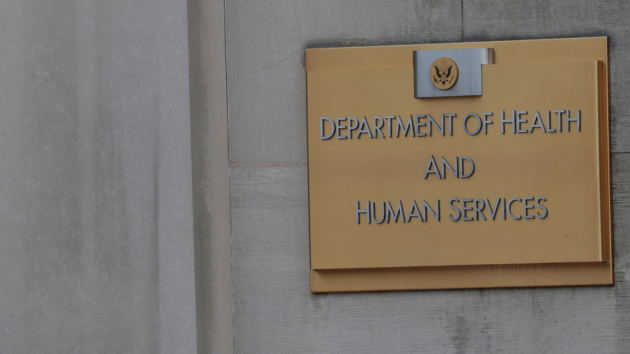Postpartum depression pill shows positive effects, new trial data shows
Written by ABC Audio ALL RIGHTS RESERVED on July 27, 2023

(NEW YORK) — A pill for postpartum depression led to meaningful improvements in depression symptoms, according to a late-stage study published Wednesday in The American Journal of Psychiatry.
The pill, zuranolone, is not yet approved, but the Food and Drug Administration is expected to make its approval decision by Aug 5.
In the study, 196 mothers who experienced postpartum depression were split into two groups — half were given zuranolone, half given placebo pills for two weeks.
All of the mothers experienced an improvement in their depression symptoms, but those who were taking the real medication experienced significantly better improvements than those who got the placebo pills.
Those improvements were still reported four and six weeks later, according to the study, which was funded by pharmaceutical partners Sage Therapeutics and Biogen.
A small number of patients experienced sleepiness and dizziness.
If approved, zuranolone would be the first pill approved explicitly to treat postpartum depression. An existing treatment called Zulresso was approved in 2019 by the FDA, but that medication is given by intravenous injection.
“It wasn’t just that sadness resolved or that crying spells resolved or that sleep improved. But we saw that zuranolone alone was associated with improvement in all of the core symptoms of depression during the course of the study,” Dr. Kristina M. Deligiannidis, professor at the Institute of Behavioral Science at the Feinstein Institutes and lead author of the new study, told ABC News.
According to the study authors, the biggest unknown about this pills is the long-term effect — and it’s not clear what impact this drug would have on breastfeeding, if any.
Still, experts say one of the biggest barriers to treating postpartum depression isn’t medication, but stigma.
“The major issue in postpartum depression is screening and patient acceptance of the diagnosis,” said Dr. Jacques Moritz, medical director at Tia women’s health.
Meanwhile, existing antidepressant treatments may be helpful for some women, even if those antidepressants are not explicitly approved for post-partum depression.
“Individuals with the first episode of depression may benefit from a standard antidepressant or antidepressant and therapy. Individuals that are on an antidepressant and are not fully responding may depend upon a new option such as this,” said Dr. Kimberly A. Yonkers, the departmental chair and Katz Family chair, Department of Psychiatry, at UMass Chan Medical School/U Mass Memorial Medical Center.
The bottom line, experts said, is that anyone experiencing feelings of depression should seek medical care because treatment and help is available.
If approved, zuranolone would represent an “important incremental addition to currently available treatment options,” said Dr. Jessica Shepherd, the chief medical officer for Verywell Health. But, said Shepherd, “we also need to make sure that the support system is there.”
Andrea Sutherland recounted how her third time expecting was filled with constant struggle despite never dealing with depression in her first two pregnancies.
“I wasn’t doing any of the regular things that I would do. I wasn’t focusing at work, I wasn’t taking care of my home, my kids, myself,” Sutherland said.
“They wouldn’t tell me which [pill] I got. But the minute I got home and took the first pill, I felt like I got the real thing…because I got a sense of relief within the first minutes of me taking it,” she added.
Sutherland is among the roughly one in seven women, according to the National Institutes of Health, who develop postpartum depression.
“I would say to a lot of females that might be going through the same thing, that it’s real. You are not alone…don’t be ashamed,” Sutherland said.
“Speak up, try and build that support team around you, express yourself, let others know how you are feeling so they can keep an eye on you. It’s normal, it’s nothing to be afraid of and there’s nothing wrong with getting help,” she added.
Copyright © 2023, ABC Audio. All rights reserved.
 KVSP
KVSP 




